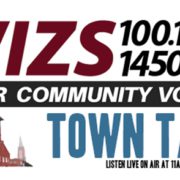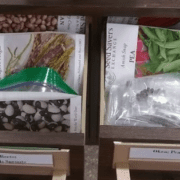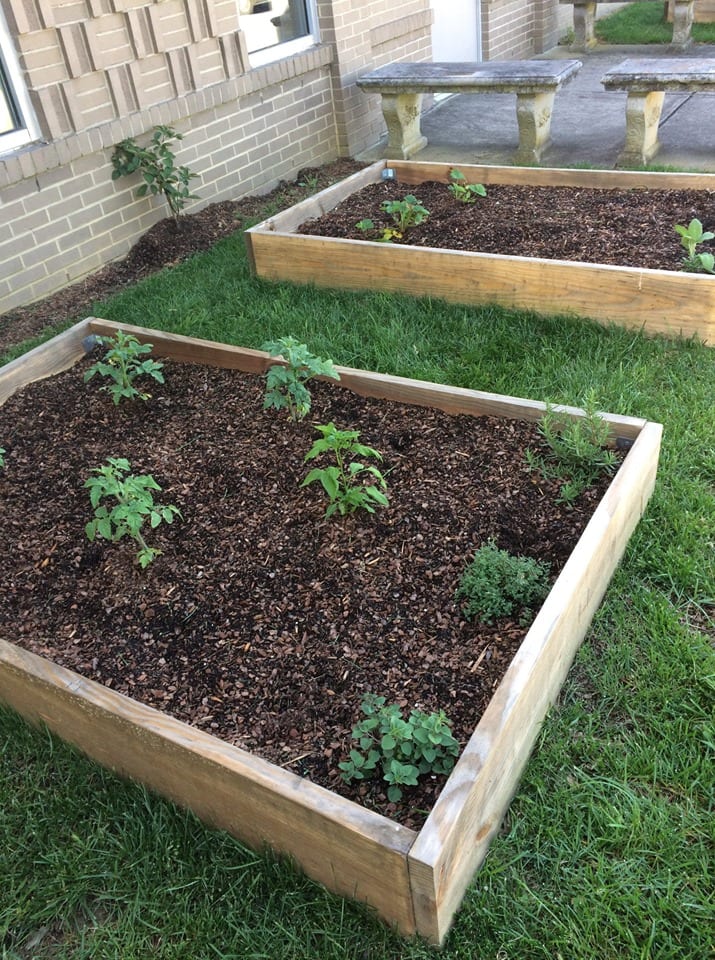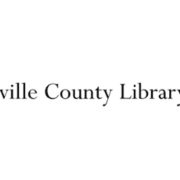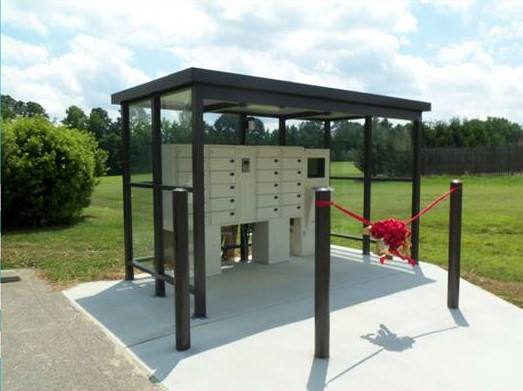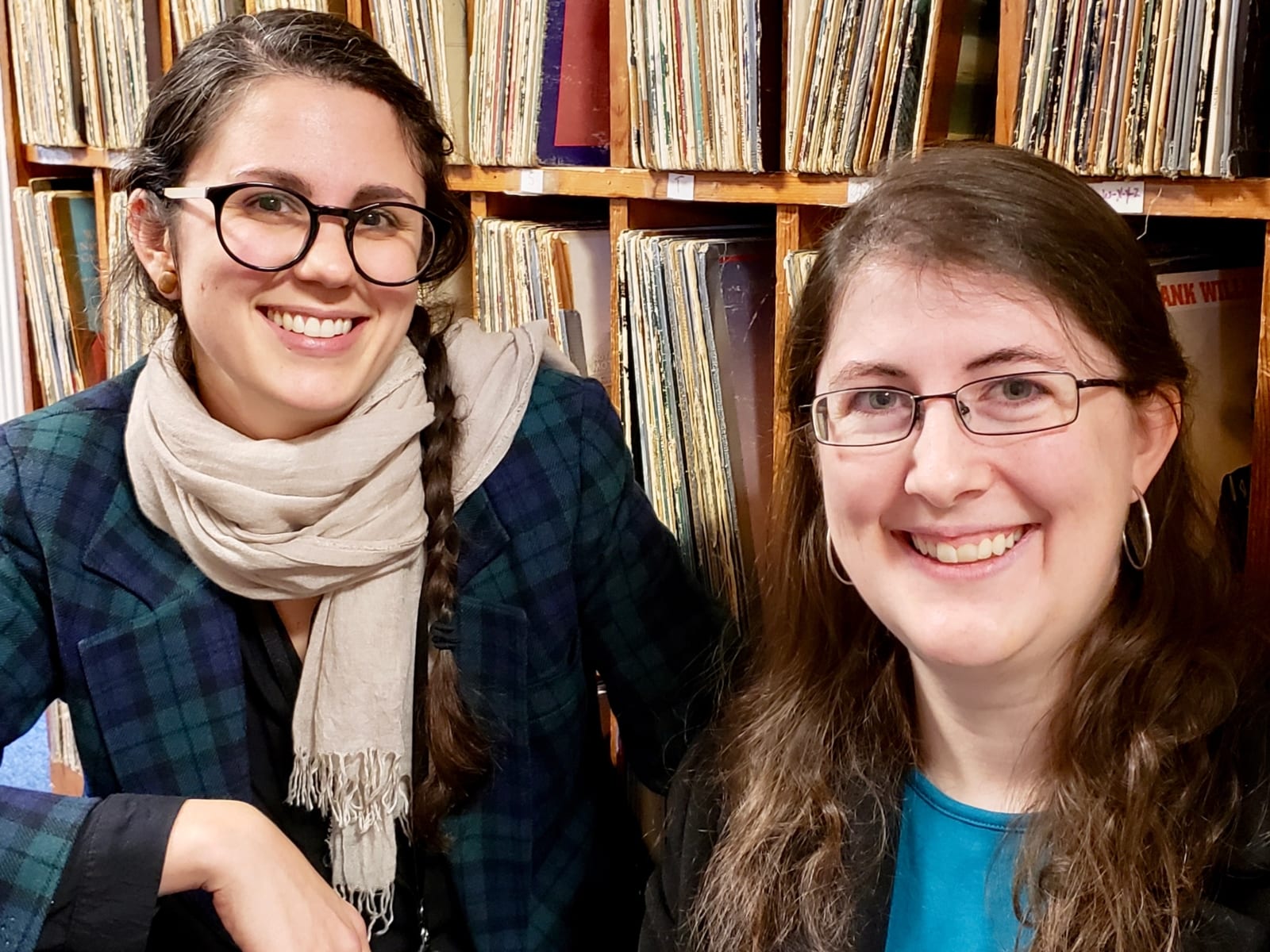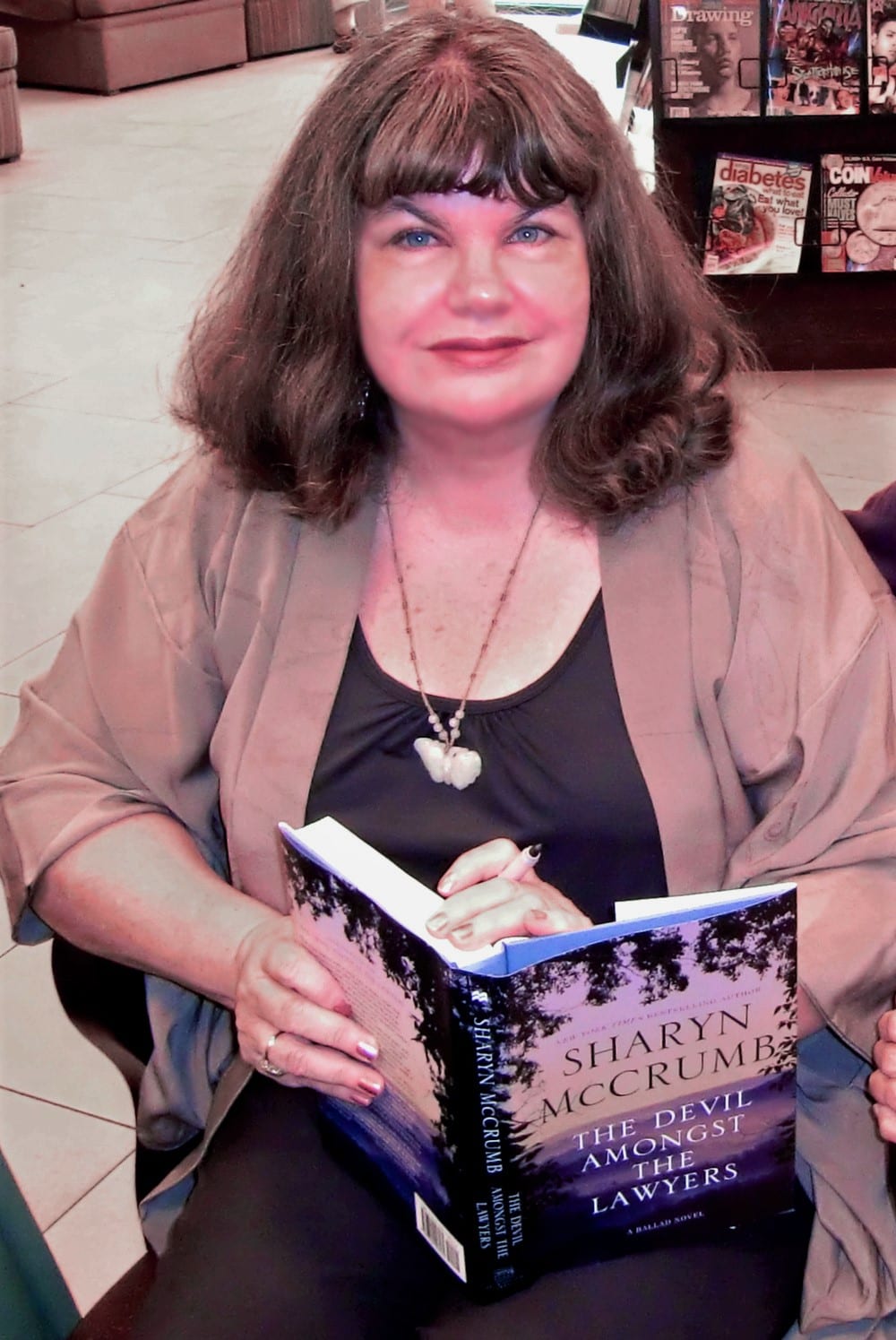TownTalk: Basic Genealogy
Today’s genealogy enthusiasts have a multitude of online resources, from databases that help create family trees to digitized newspapers from bygone eras.
Whether you’ve been at it a long time, like Mark Pace and WIZS’s Bill Harris have, or whether you’re just getting started, there are a few rules of thumb to keep in mind as you ferret our tidbits of information.
In their tri-weekly history segment on Thursday’s TownTalk, the two history buffs discussed the basic nuts and bolts of genealogy – call it Genealogy 101.
Pace, North Carolina Room specialist at Oxford’s Thornton Library, has been doing research on his family for half a century. Harris, for about the past 25 years.
Harris reminds others to talk in person with the oldest family member you can to find out information. “But there’s so much more,” he said, from family Bibles to web-based resources.
Pace said a family’s oldest living relative is a “wonderful resource” to start with, whose basic knowledge can be verified – or disproven – by checking against other sources.
“If you start with what you know,” Harris said, such as talking with a grandparent or other older relative, to gain information, “you can plug it in and then…slowly start working backwards” to fill in the gaps.
It’s important to determine what information is relevant to your search to avoid getting distracted. “Don’t let it overwhelm you,” Harris continued.
Libraries and courthouses are familiar places to many seasoned genealogists. But there is so much information available at your fingertips – online databases and archived documents make it easier for genealogists to find information in far-flung places.
Most places have a local history library, Pace said, and he constantly receives calls from people who are doing just that – checking sources.
“North Carolina was one of the very last states to mandate by law that you have a birth certificate or death certificate,” he said. That law took effect in 1913.
Before then, births may have been recorded in family Bibles and deaths verified in wills or estate records.
Wills and estates, however, were used by those who owned property. The lives and deaths of individuals who didn’t own property could easily have fallen through the cracks and lost forever, Pace noted.
Case in point, a branch of Pace’s own family. “All they did was grow tobacco and go to church,” Pace quipped, adding that there is scant information available about that part of his own kin.
Not surprisingly, when recorded information was done by hand and not by keystrokes on a computer, errors were much more common.
That’s just one reason why genealogists should always have multiple sources for their information
“Question everything,” Pace advised, adding that genealogists often have to be part sleuth to uncover information that may be difficult to prove.
For years, telephone books served the vital purpose of listing numbers of individuals and businesses. Those thick paperback behemoths are obsolete today, but the old ones that are still around can help genealogists confirm information, Pace said.
Documents as mundane as phone books help to place a person in a certain time period at a certain place. They are “fabulous” resources, Pace said.
He fielded a query once from someone who wanted to know the phone number for a family member who lived in Oxford at the beginning of the 20th century, when the town had its own self-contained telephone system. Pace located a 1903 phone book and found the phone number.
What was that phone number, you ask? 1.
CLICK PLAY!

